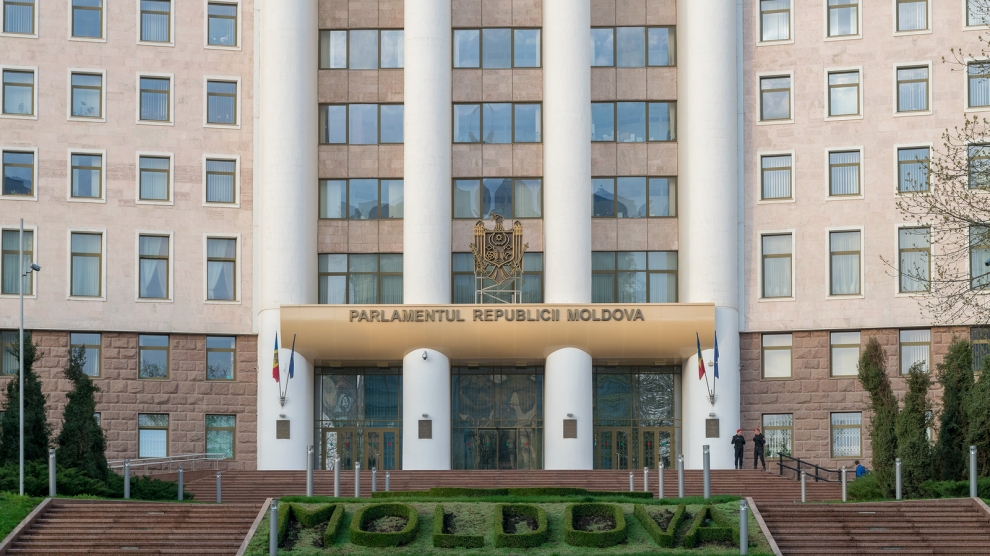Moldova’s new government has pushed through a major electoral reform, changing the country’s deeply unpopular mixed electoral system.
The changes will see the country’s next local and parliamentary elections fought under traditional proportional representation. The previous system, introduced in 2017 and used in February’s inconclusive election, saw a number of MPs elected via first-past-the-post, direct voting.
“The need to cancel the mixed electoral system arose in the context of the recommendations of the Venice Commission and the development partners of the Republic of Moldova,” said Moldova’s president, Igor Dodon, announcing that he had promulgated the new electoral law.
The International Election Observation Mission of the International Republican Institute (IRI) immediately welcomed the changes.
“Improving the integrity, efficiency and transparency of future elections will not be easy, but it is very important for the future of Moldova’s democracy,” said IRI’s Senior Programme Manager Nadejda Sacovici. “Local elections scheduled for October be will the first opportunity for the government to demonstrate progress and further build the public’s trust in elections. IRI encourages the government to continue on its path of election reform and will assist these critical efforts,” she added.
Since the coalition government was formed in June 2019, ending months of political deadlock, it has undertaken a wave of reforms that address several problems raised by election stakeholders. Most notably, the return to a proportional representation electoral system is expected to address a lack of voter education regarding the district boundaries for single-mandate seats and alleviate the significant burden placed on election officials in processing multiple ballots under the mixed electoral system.

